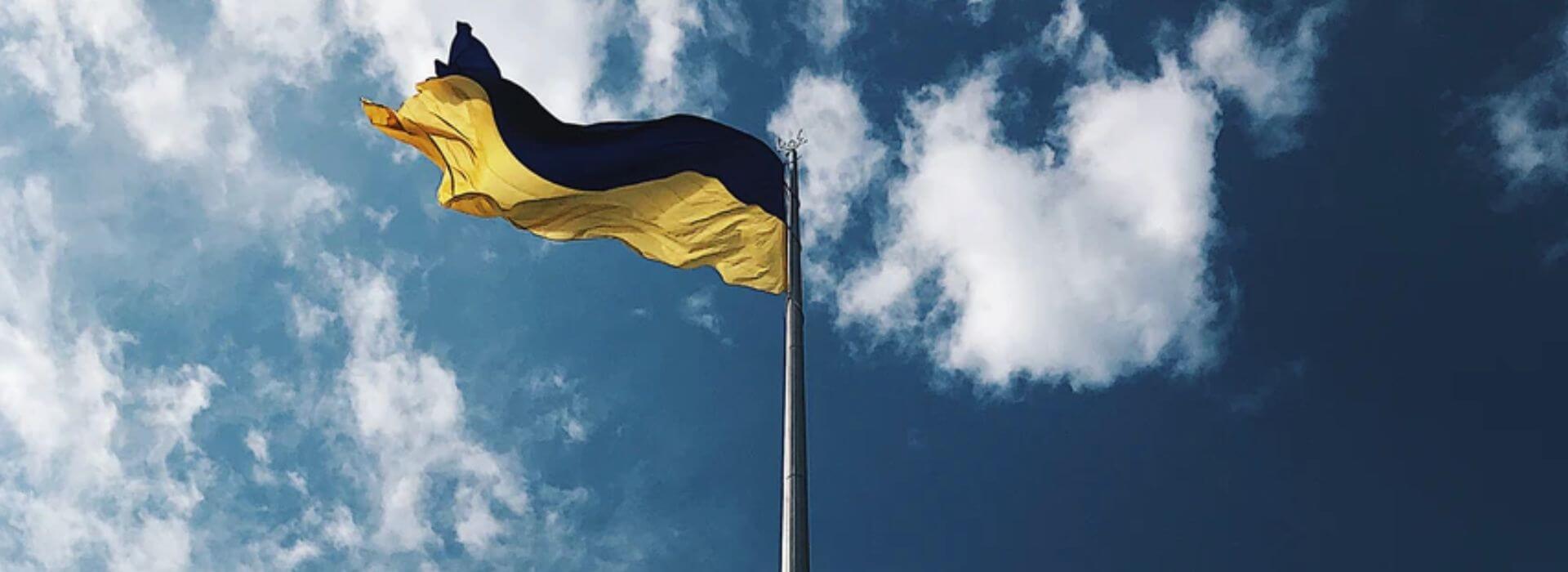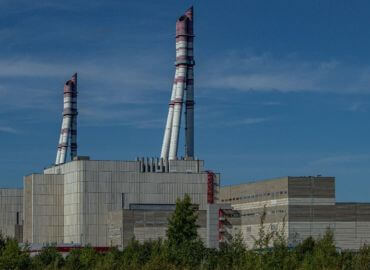DISILLUSIONED ABOUT PEACEFUL TRANSITION, BELARUSIANS PREPARE FOR AN ARMED INSURGENCY
2020 peaceful revolution in Belarus was a largely unexpected event for everyone – including the majority of Western governments. However, the West (with the exclusion of immediate EU neighbors of Belarus) has largely failed to react when it was necessary in 2020 to support Europe’s largest civil rights movement in nearly three decades.
Western policies and decisions towards Belarus were slow, inefficient, and, often, delayed until they made no sense. Today, the results are dramatic and tragic for both Belarusians and Ukrainians because the current hot war «started a long time ago as a hybrid war against the West initiated by both Putin and Lukashenka.» And although there are a few reasons why the West failed in Belarus in 2020 (such as coronavirus pandemic, extended bureaucracy, lack of political will, and many more), one reason is fundamental: the West did not understand Belarus. Just like Vladimir Putin did not understand Ukraine on the eve of its 2022 invasion. Similarly, the West never really understood the role of democratic Belarus in securing Ukraine’s stable democracy. Current war is a right time to finally review the «inertial insignificance» of Belarus.
Belarus was often not treated as an independent European country since after Lukashenka voiced his pro-Russian policies in mid-1990s, and remains largely removed from discussions on war in Ukraine. Unfortunately, Lukashenka-led narrative of Belarusians as «almost Russians» remains widespread in the West even now (unlike in case of Georgians, Moldovans, Ukrainians, or the population of the Baltics who are treated as «definitely non-Russians» based on what their governments say and do). Lukashenka’s position and beliefs were mistakenly treated as public opinion of Belarusians for nearly three decades – and it is one of the reasons Belarus fell under Russia’s military occupation so easily in January 2022.
Although Belarusians aspired for peaceful revolution in 2020, two years later many of them are disillusioned about the idea of peaceful transit as such – based on poor support from the West, half-hearted measures taken against Lukashenka, and regime’s violent crackdown against civilians who suffer from torture and injustice.
As of June 2022, Belarusians are the largest foreign group in the Ukraine’s army and its foreign legion, and this collective keeps growing fast. There are currently three main locations of combat training for Belarusians fighting against Russia’s troops in Ukraine: Poland, Czech Republic and Ukraine itself – and the idea of armed insurgency against Lukashenka is regularly voiced by Belarusian volunteers in Ukraine’s army. The bigger, more successful and well-supplied Belarusian military formations become, the more combat experience they get, the more popular becomes the idea of an armed insurgency against Lukashenka that is notably becoming one of the greatest fears of self-declared «president» in Minsk.
Although Sviatlana Tsikhanouskaya and her team are still calling for peaceful change, Tsikhanouskaya recently suggested that the extension of guerrilla tactics and sabotage that were widely used by Belarusians against Putin’s army during Kyiv offensive could help local dissidents in Belarus prepare the «last fight» for their country. And it is likely that the next stage of Belarusian resistance may be led by Belarusian volunteers with combat experience, rather than urban middle class. Many Belarusians who are now fighting in Ukraine against Russia’s aggression are the victims of crimes conducted by Lukashenka regime before and after August 2020. And their motivation for revenge is a lot more powerful than abstract anti-Western sentiments or financial interest of Lukashenka’s army.
Lukashenka’s state security was successful in their crackdown on unarmed non-violent protesters. Now, Lukashenka finds himself in an extremely uncomfortable position. For the first time in three decades, the foreign policy and army of Belarus are largely controlled and led by the Kremlin. On top of that, for the first time in his career, Lukashenka faces potential armed insurgency with well-trainer people who are deliberately aiming to physically annihilate him and dismantle the system of repression that Belarusian self-declared «leader» runs for almost three decades.
Since November 2020, Lukashenka has established a de-facto martial law targeting any and all political dissent that Sviatlana Tsikhanouskaya compares to «stalinist terror». However, the instruments of repression used by Lukashenka’s subordinates are far even from wartime laws and legal procedures. With numbers of acknowledge political prisoners exceeding 1230 people, Belarus is rather a state of absolute lawlessness managed by a mix of eccentric customary law, showcase illiberal restrictions, and pro-Russian policy that aspires to wipe off Belarusian culture as such (just like what Russia happens to do in Ukraine now). In her recent report, the UN Special Rapporteur on the situation of human rights in Belarus describes the situation in Belarus is «atmosphere of impunity and fear». Left with no legal options to oppose the dictatorship, no locally operating free media, and indiscriminate «arrests» of up to 30 civilians on a day to day basis, Belarusians may largely lean towards armed resistance rather than continuing to call for peaceful «roundtable» with Kremlin-controlled puppet governor of Belarus.
Although Lukashenka may mention «the battle for Western Ukraine» or even new «Kyiv offensive», right now it is nothing, but bluff. Lukashenka needs his army to remain next to him and protect himself from both internal «enemies» and Russia (at least until Russia’s troops will refocus from Donbas – that currently seems unrealistic). Still, Lukashenka cannot be sure that his army will agree to actively engage in Ukraine or protect him against armed insurgents. Defense against well-equipped insurgents is nothing like 2020 protests in Belarus when Lukashenka’s paratroopers were intentionally killing unarmed civilians.
As U.S. Special Envoy for Belarus Ambassador Julie Fisher is approaching the end of her tenure, the United States may soon face the situation in Belarus that is very different from how it was in the last two years – with greater need for a wartime diplomat with military experience. It is clear that there can be no «talks», «concessions», or «normalization» with Lukashenka. Neither in politics, nor in trade – where he along with Putin is now orchestrating a show aimed to scare the West with «global hunger» if it remains without Lukashenka’s potash business. But, most importantly, the West must realize that there can be no stable democracy in Ukraine until the issue of Lukashenka and his subordinate representatives is finally resolved in case of Belarus.
The West, and foremost, the United States, must act a lot more aggressively and proactively on Russia’s isolated flank in Belarus: by recognizing Sviatlana Tsikhanovskaya as the only official representative of the Republic of Belarus the West will affirm «what everyone already sees—a state that has been captured, capitulated, and ruined by the Lukashenka-Putin alliance.»
If the people of Russia-occupied Belarus are now potentially building their new army with real combat experience, they need an internationally recognized representative of their state more than ever.
Best regards,
iSANS team










